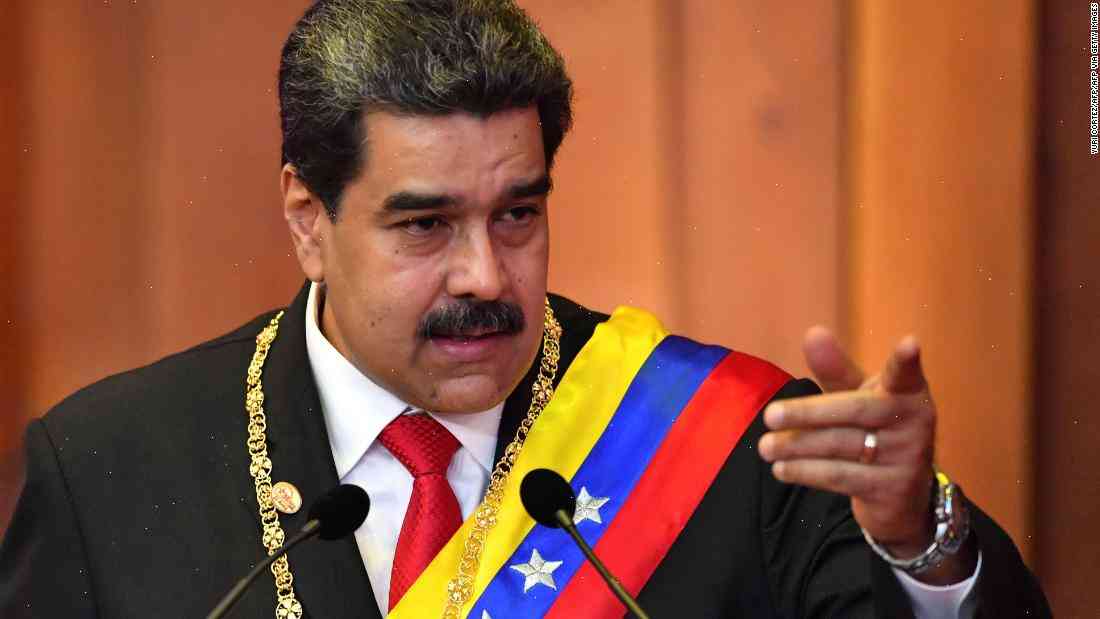Rights activists hail Venezuela’s departure from UN Human Rights Council
Venezuela votes in December against a resolution that would place human rights at the top of the international agenda and against one that would bar discrimination against people with HIV. AP
CARACAS, Dec 4, 2012 (AFP) — Venezuelan President Hugo Chavez may have been a dictator, but he had a way of breaking through the iron curtain of US-controlled and Western media.
Hearing him speak out against abuses against the indigenous population, his people had grown used to hearing from him through the radio, as well as on television, and they came out to meet him.
At the UN Human Rights Council in Geneva, Venezuela on Wednesday presented its reasons for leaving the 15-nation body, saying it was not in the interest of Venezuela to be a part of the US-led human rights council.
Citizens in Venezuela will vote next month on whether to accede to the UN human rights council because they want to place human rights in the international agenda, President Nicolas Maduro said today in his first public comments on the issue.
The US on Friday formally revoked Venezuela’s membership bid after its diplomats refused to sign a deal to drop plans for a controversial referendum to allow US citizens to vote for and then opt out of the council, which would have the power to appoint members of the council and to review human rights conventions.
Maduro was supposed to appear in Geneva on Wednesday to formally present the reasons for leaving.
But a day before he stepped into the chamber, Venezuela’s delegation announced it had withdrawn from the council, which is charged with promoting respect for human rights and the rule of law, a member of the opposition coalition had said previously.
The decision was taken to avoid taking a tough line on Venezuela on the council, which is widely regarded as biased against the government, and which has blocked the release of more than 60 political prisoners in the past.
Opposition coalition leader Henrique Capriles said, “With the vote, we will show that we are willing to speak in the face of this aggression

